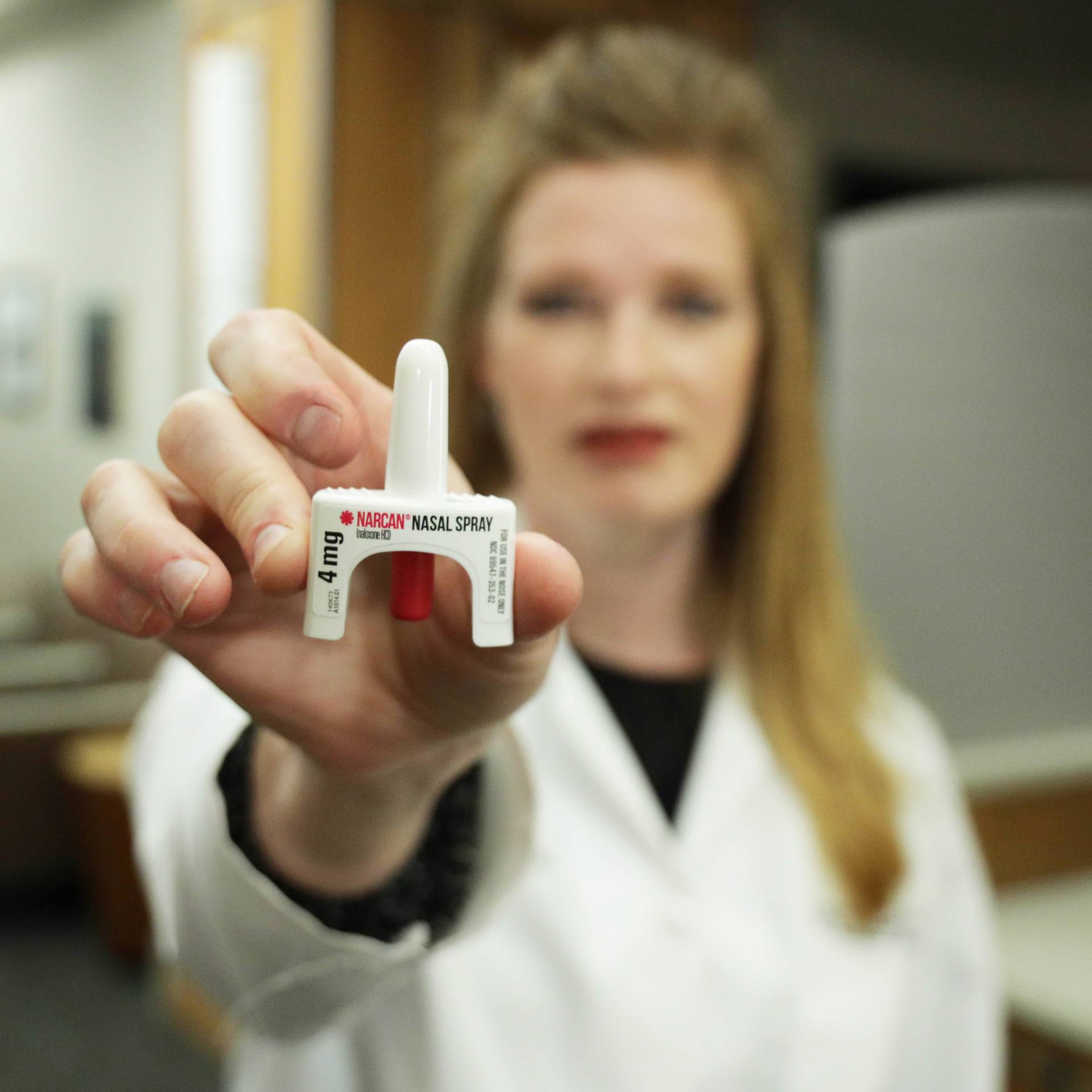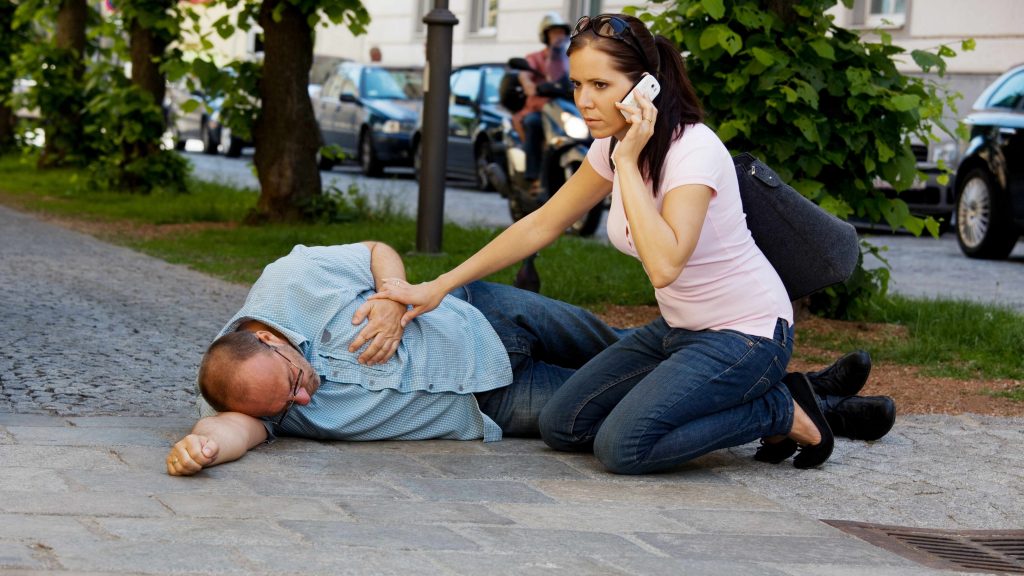-
 Health & Wellness
Health & WellnessMayo Clinic Minute: 3 things to know when using Narcan during an opioid overdose
The Food and Drug Administration (FDA) approved Narcan, 4 milligram (mg) nasal spray for over-the-counter sale. Narcan is a nasal spray version of naloxone, a rescue medicine that can be administered in the event of an opioid drug overdose. The FDA approval will pave the way for the medication to be sold in grocery stores, convenience stores, vending machines and other retail locations without a prescription.
Opioids are one of the most commonly prescribed medications to treat acute pain. Opioids are a class of drugs, including medications such as fentanyl, morphine and oxycodone. These medications work by blocking pain receptors in the central nervous system.
What makes opioids effective, is also what makes them dangerous due to risks associated with addiction and overdoses. Opioid misuse is skyrocketing. According to the Centers for Disease Control and Prevention, opioids are now the main driver of drug overdose deaths in the U.S.
Dr. Holly Geyer, a Mayo Clinic addiction medicine specialist, points out three important things to know when using naloxone that can help save someone's life.
Journalists: Broadcast-quality video (:56) is in the downloads at the end of this post. Please courtesy: "Mayo Clinic News Network." Read the script.
When to use
If you suspect someone is having an opioid overdose, Dr. Geyer recommends administering Narcan immediately. She says proceed even if the person is unconscious.
How to use
"You're going to put that person on their side in the recovery position, making sure that your surroundings are safe, and then administer it by just putting it (the nozzle) inside the nostril and giving it a squeeze," explains Dr. Geyer.
How it works
Narcan works by temporarily blocking the effects of an opioid. "Naloxone goes through the bloodstream, straight to that part of the brain," says Dr. Geyer. "It knocks off the opioid from that receptor, binds to it and prevents the opioid from having an effect."
Call 911 immediately
Dr. Geyer says it is critical to remember that Narcan's effects are only temporary and may last only minutes. "It is always a medical emergency if Naloxone is given. Call 911 right away," says Dr. Geyer.

Related posts:
- What is naloxone and should everyone have access to it?
- How to tell if a loved one is abusing opioids
- Mayo Clinic Minute: Role for opioids
Additional content:
Dr. Geyer is an addiction medicine specialist at Mayo Clinic and author of a new book, "Ending the Crisis: Mayo Clinic's Guide to Opioid Addiction and Safe Opioid Use."
For the safety of its patients, staff and visitors, Mayo Clinic has strict masking policies in place. Anyone shown without a mask was recorded prior to COVID-19 or recorded in an area not designated for patient care, where safety protocols were followed.







